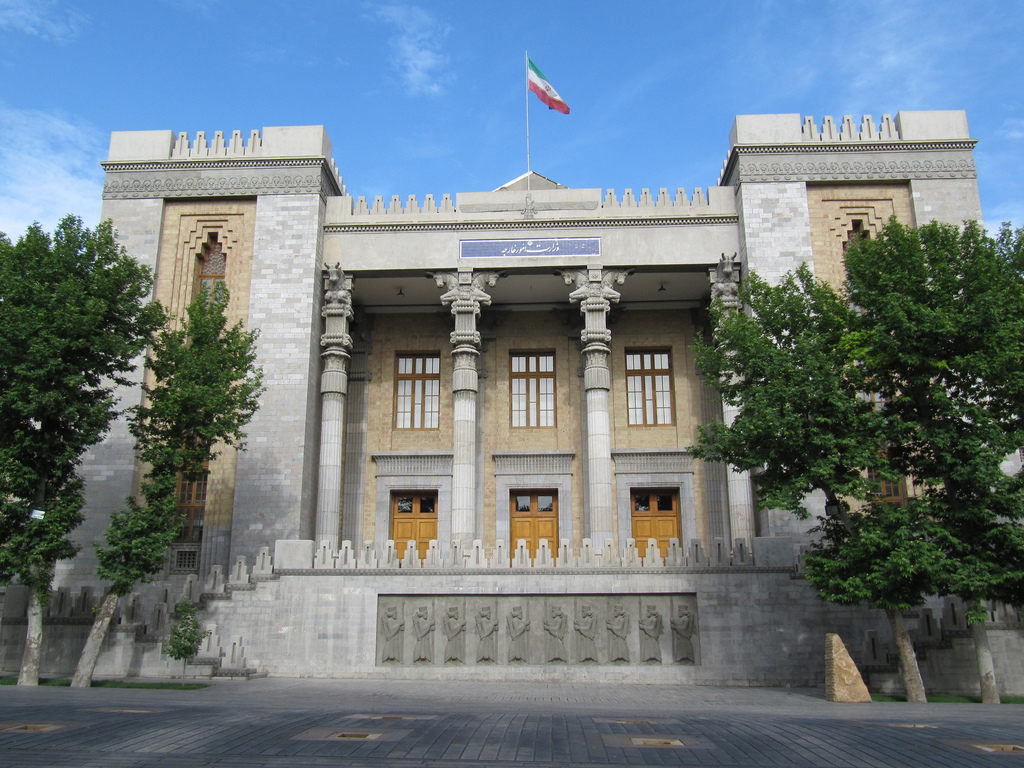Iranian Deputy Foreign Minister for Legal and International Affairs Gholam-Hossein Dehqani raised the criticism in a Wednesday meeting with Axel Kenes, the Belgian Foreign Ministry’s Director General for Multilateral Affairs and Globalisation, in Tehran.
He also underlined the significant role of other Security Council member states in opposition to the US’ unilateralism and instrumental use of the UN principal organs.
The Iranian diplomat also pointed to the Security Council’s one-sided approach on issues like the Yemen crisis, and its insufficient attention to the humanitarian aspects of such crises.
He urged Belgium as a non-permanent member of the UN Security Council which represents all other UN member states to make further efforts to settle those crises peacefully.
Kenes, whose country acts as a facilitator of the implementation of the UN Security Council Resolution 2231, is on a two-day trip to Tehran.
Security Council Resolution 2231 endorsed the multilateral nuclear accord, officially known as the Joint Comprehensive Plan of Action (JCPOA), which was signed between Iran and the major world powers, including the United States, in 2015.
Under the JCPOA, Iran undertook to put limits on its nuclear program in exchange for the removal of nuclear-related sanctions imposed against Tehran.
However, US President Donald Trump pulled his country out of the JCPOA in May 2018 and re-imposed harsh sanctions against the Islamic Republic in defiance of global criticisms.
In response to the US campaign of “maximum pressure”, Tehran has so far rowed back on its nuclear commitments four times in compliance with articles 26 and 36 of the JCPOA but stressed that its retaliatory measures will be reversible as soon as Europe finds practical ways to shield the mutual trade from the US sanctions.
